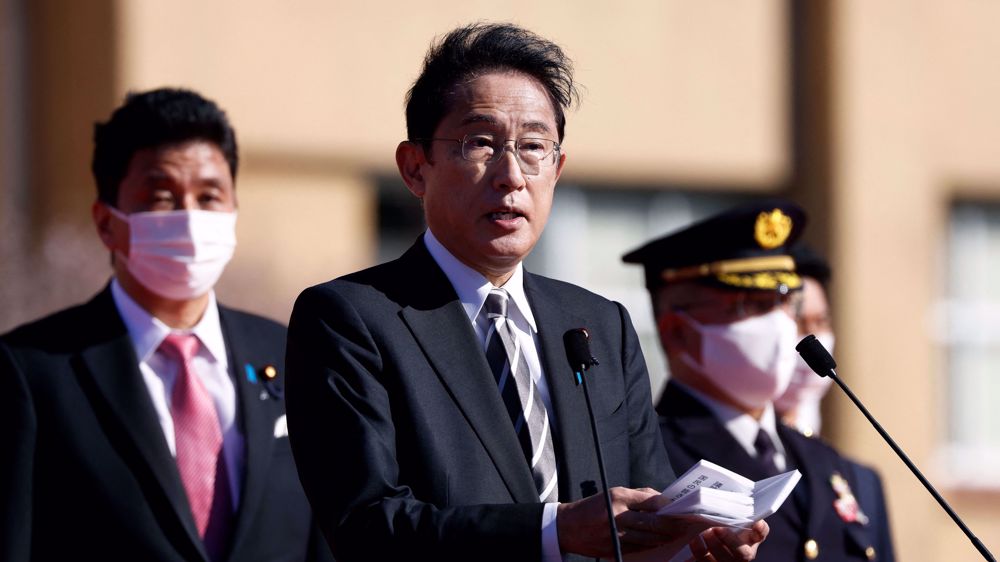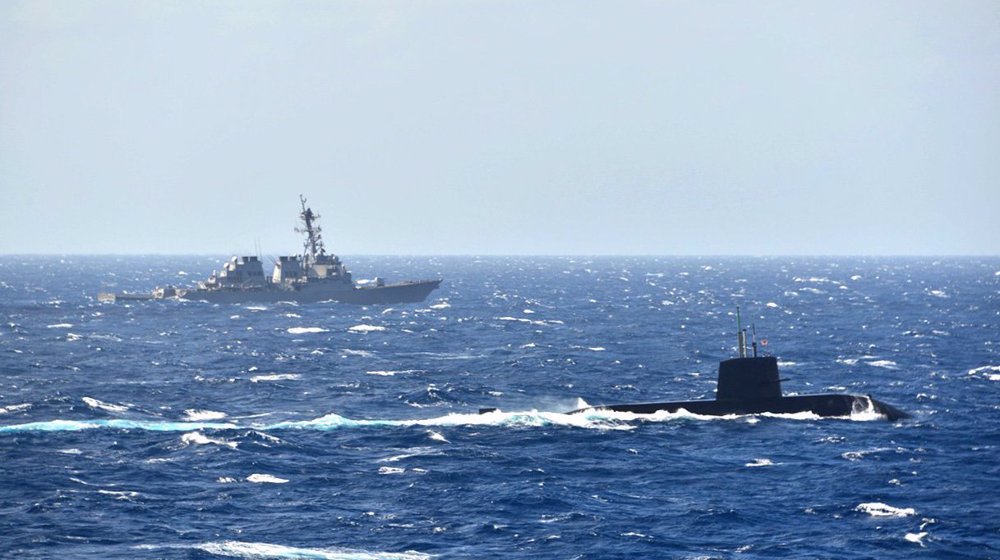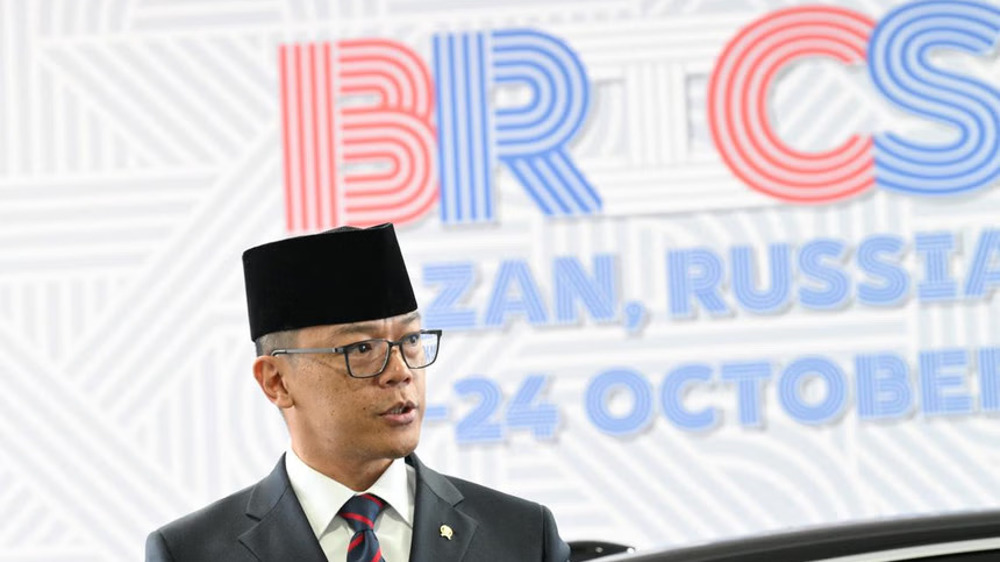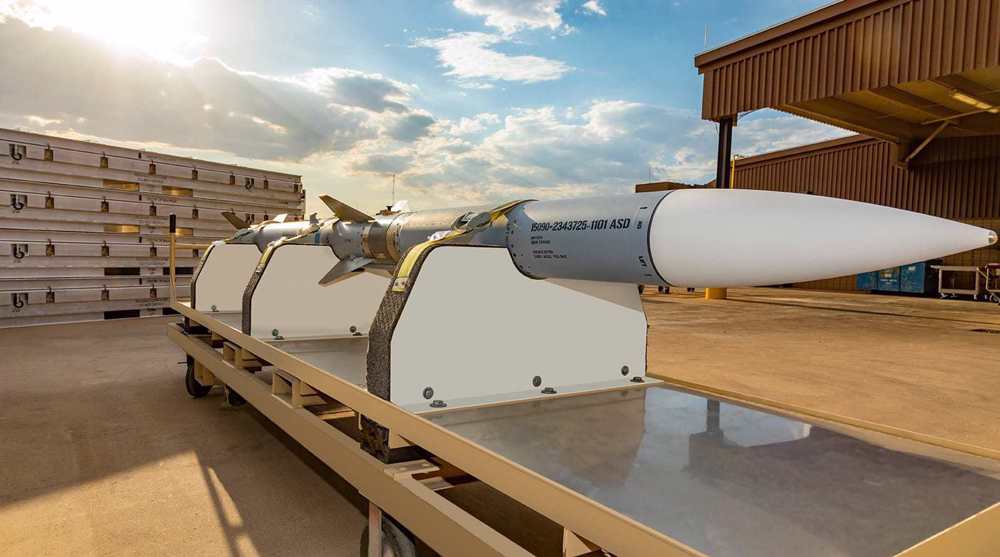Japan vows to acquire strike capability as pacifist charter fades
Japanese Prime Minister Fumio Kishida has vowed to bolster the country’s military capabilities, saying he will consider ''all options'' to counter what he claims to be threats from China and North Korea.
In an address to hundreds of Japanese Ground Force members on Saturday, the newly-elected premier described the security situation around Japan as “rapidly changing” and said, “The reality is severer than ever” with North Korea’s ballistic missiles tests and China’s military activity in the region.
“The security environment surrounding Japan has been rapidly changing at an unprecedented speed. Things that used to happen only in science-fiction novels are today's reality,” Kishida said. “I will consider all options, including possessing so-called enemy base strike capability, to pursue strengthening of defense power that is necessary.”
The possibility of possessing so-called enemy base strike capability has been a divisive issue in the country, with critics saying it breaches Japan’s war-renouncing Constitution.
Kishida also announced plans for upgrading surface to air missile launchers on islands at the edge of the East China Sea and Patriot PAC-3 missile batteries elsewhere that are the last line of defense against any incoming North Korean missiles.
Kishida's address came a day after his government approved a 770-billion-yen ($6.8 billion) request for an extra military budget through March to expedite the purchase of missiles, anti-submarine rockets and other weapons amid rising concerns over the escalation of military activities by China and North Korea.
The 64-year-old premier, who took office in October, has said he is open to doubling Japan’s military spending to cope with the worsening security environment.
Japan's relations with China have long been plagued by conflicting claims over a group of tiny East China Sea islets.
China has vastly upgraded its military infrastructure in recent years, amid rising tensions over Chinese Taipei, the South China Sea, and frequent drills jointly conducted by Japan and the US in the vicinity of its territorial waters.
Earlier this month, Japan and the United States announced plans for carrying out naval drills in the South China Sea, as part of their first-ever anti-submarine war games in the territorial waters.
The Japan Maritime Self-Defense Force (MSDF) said in a news release that a bilateral naval exercise between Japan and the US navy would take place in the waters around Japan from November 21 to 30.
A total of 20 MSDF ships and 40 MSDF aircraft, 10 US navy ships, and a single German navy ship will take part in those drills.
North Korea also says its ballistic missiles tests aim to serve as a deterrent against provocative moves by Washington and its allies in the region.
VIDEO | Displaced Gazans await their homecoming after over 15 months of war
VIDEO | Families of Palestinian prisoners endure emotional wait
Yemen strikes sensitive Israeli targets; hits US aircraft carrier, forcing it to flee
VIDEO | Venezuela on road to independence, development
VIDEO | An insider's view of the country: Qolaman County and Qom Museum
VIDEO | Palestine solidarity demo held in London despite govt. attempt to stop it
Israel reserves ‘right’ to resume war: Netanyahu
Iran hails Palestinians ‘unmatched victory,’ their forcing Israel to surrender











 This makes it easy to access the Press TV website
This makes it easy to access the Press TV website